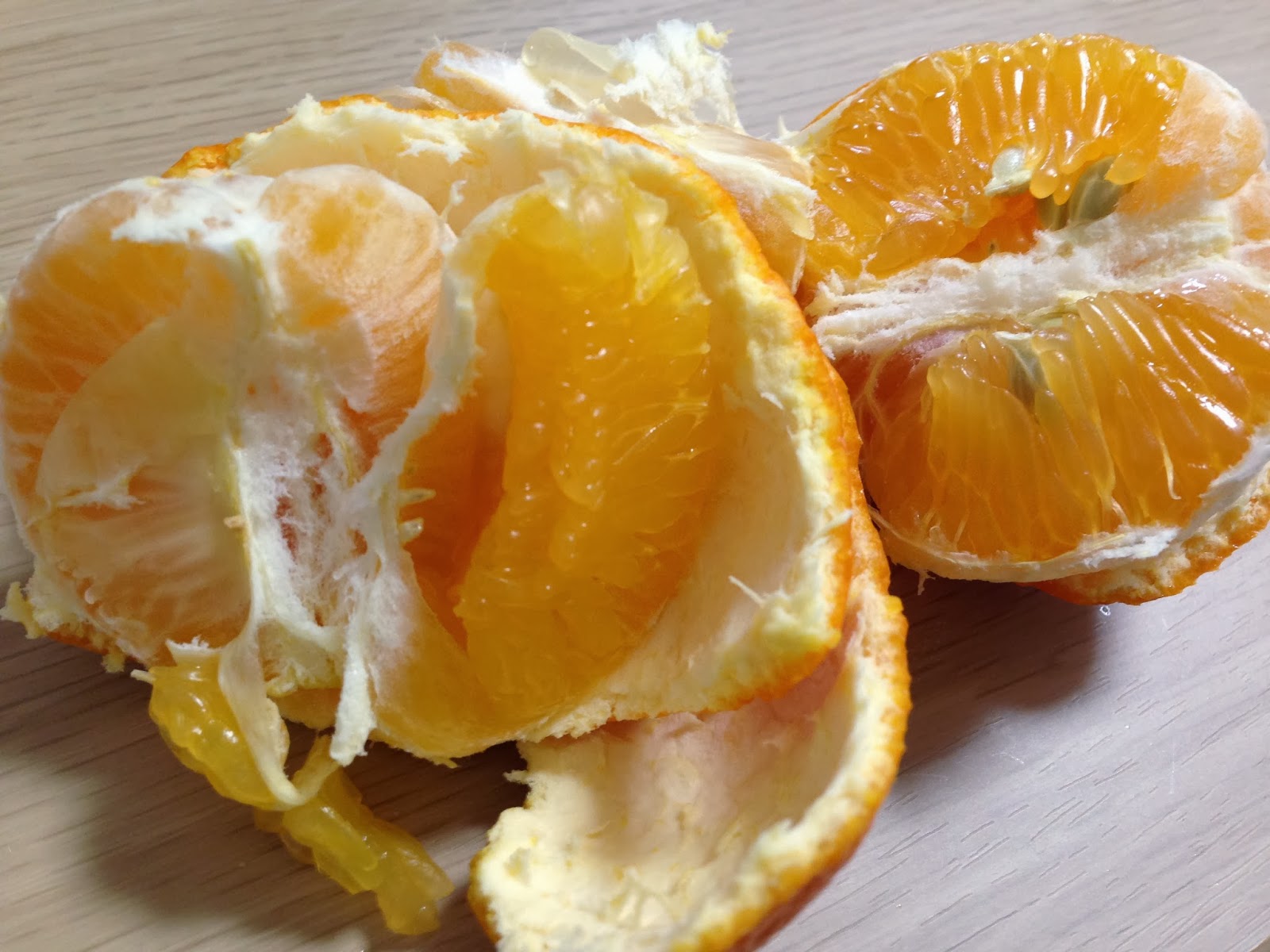Shichijuni-kou (72 Seasons) Calendar Listing
初春, Shoshun, Early Spring
Season No. 1:立春, Risshun: "The Beginning of Spring"
Climate No. 2: 黄鶯睍睆, Uguisu Naku:
"The Bush Warbler Sings" (February 9-13)
 |
| "Camellia and Bush Warbler" by Hiroshige (public domain image) |
"Bush warbler:
Poops on the rice cakes
On the porch rail." -Matsuo Basho (1644-1694)
Here's an example of where the old Shichijuni-ko calendar doesn't match real life. Here in the Chugoku region of Japan, where the uguisu (Horornis diphone, Japanese bush warbler) hangs out year-round, these little harbingers of spring are still huddled up in the bamboo keeping warm! Their gig doesn't really start until early March, when warm air currents stick around for longer than one day a week. As long as snow is still flying through the air, it's too cold for these cuties to sing, no matter what the old calendars say. (But for the impatient, here's an awesome video of a Japanese bush warbler by JAC3F).
 |
| Japanese Bush Warbler (public domain image) |
Aside from being great songsters, bush warblers are fun to chat with! One only needs to say "ho- hokeKYO!" and the uguisu will respond more often than not. Typically, the birds are rather shy, sticking to the forest canopy high up in the trees. But their elusiveness adds to their appeal, forcing the listener to imagine how cute they must be to produce such an uplifting song.
Taste of the Season: 鶯餅, Uguisu Mochi, Sweet Bean-Filled Rice Cakes
Cute and petite like its feathered namesake, uguisu mochi is a lightly-sweetened, sticky rice cake (mochi) filled with smooth red adzuki bean paste (koshian) and dusted with spring green kinako (roasted soybean powder). The name uguisu mochi comes from the "uguisu green" color of the powder. Uguisu mochi are traditionally oval, suggesting the shape of the small bird. Apparently the maker of my mochi paid more attention to the flavor, loading it down with an extra smearing of kinako powder!
 |
| What was that saying about "a bird in the hand?" |
Taste of the Season: 伊予柑, Iyokan
 |
| It's NOT an orange, mind you! It's an iyokan! |
I first heard about iyokan citrus fruits while on vacation at Dogo Onsen hot springs in Matsuyama, Ehime Prefecture. While cooling off after my bath, the attendant served me an icy cold bottle of Pom brand orange juice.
"This is NOT orange juice," she retorted. "This is special iyokan juice from Matsuyama!"
Though it tasted exactly like orange juice to me, it had the perfect balance of sweet and sour, with a clean, neutral aftertaste. I became such a fan of the fruit that I ended up buying on impulse two extra bottles for the road and 2,000 yen worth of Hello Kitty iyokan plastic souvenirs. (Now that I think about it, that was a little much).
 | ||||||||
| Digging into my first-ever fresh iyokan! YUM!! |
This year, I'm fortunate enough to live in the Chugoku region of Japan, where every island and exposed hilltop has some sort of citrus grove atop it. I decided to give my mikan (easy-peel tangerine) habit a break and try something new. The most noticeable difference between the iyokan and any other orange-like fruit I've tasted was the intense fragrance of the essential oil spraying all over my table while tearing off the peel. The impact was more floral than sweet. Though the iyokan looks as if it would be bitter compared to other oranges, it had a sweetness comparable to a Valencia orange. My husband and I enjoyed the natural citrus perfume that remained on our hands even after washing them with soap!
Just in time for flu season, iyokan are at their peak this time of year. Nothing like fresh, vibrant flavors to keep the body awake and healthy while we anticipate the songs of spring!
Copyright 2014 Genkilee, Gen. All rights reserved. No part of this blog (written or photo content) may be reproduced or reprinted without the expressed permission of the author.

No comments:
Post a Comment